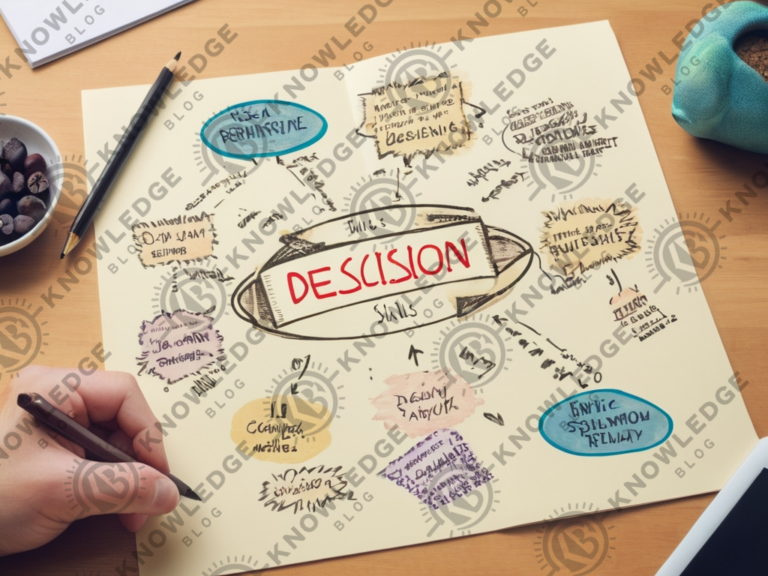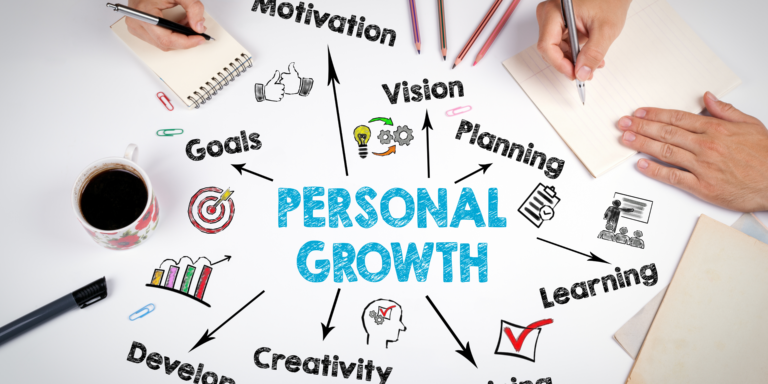Top Soft Skills: A Comprehensive Guide to Advancing Your Career

In the current demanding employment landscape, just having technical expertise is no longer a golden ticket to career advancement. Employers increasingly value soft skills, those intangible qualities that shape how you interact with others, navigate challenges, and adapt to change. These hidden gems, often referred to as emotional intelligence (EQ) or interpersonal skills, act as the invisible threads weaving together your professional tapestry, propelling you towards career fulfillment and personal growth.
But what precisely defines soft skills, and why do they hold such significant importance? In this comprehensive guide, we’ll delve into the top soft skills, demystifying their importance and equipping you with actionable strategies to cultivate them. Prepare to unlock your hidden potential and unleash the magic of soft skills in your career journey!

Unveiling the Power of Soft Skills
Soft skills encompass a diverse range of personal attributes that contribute to effective communication, collaboration, problem-solving, and adaptability. Unlike technical skills, which are often specific to a particular job or industry, soft skills are universally applicable, serving as valuable assets across diverse fields and career paths.
Here’s why prioritizing soft skills development is a winning strategy:
- Enhanced employability: Studies by LinkedIn and the World Economic Forum reveal that soft skills are among the top skills employers seek in candidates. Honing these skills can give you a distinct edge in a competitive job market.
- Stronger team dynamics: Effective communication, collaboration, and conflict resolution skills foster positive and productive team environments, leading to increased efficiency and higher morale.
- Improved leadership potential: Leaders who possess strong soft skills inspire trust, motivate others, and navigate complex situations effectively, propelling their teams towards success.
- Greater career adaptability: As industries evolve and technologies change, adaptability becomes essential. Strong soft skills equip you to embrace change, learn new skills, and thrive in dynamic environments.
- Personal growth and resilience: Effective communication, emotional intelligence, and problem-solving skills empower you to navigate personal challenges, build stronger relationships, and achieve greater self-awareness.
Remember: Soft skills are not innate talents; they are trainable and improvable. By investing in your soft skills development, you’re investing in your future, unlocking doors to professional success and personal fulfillment.
Demystifying the Top Soft Skills: A Comprehensive Guide
Now, let’s delve into the five essential soft skills that can supercharge your career:
1. Communication Skill
The cornerstone of strong relationships and successful collaborations, effective communication encompasses both verbal and non-verbal skills.
- Mastering the art of active listening: Pay close attention to what others are saying, both verbally and non-verbally. Ask clarifying questions, paraphrase key points, and demonstrate genuine interest in understanding their perspective.
- Clear and concise speaking: Articulate your thoughts and ideas in a way that is easy to understand, avoiding jargon and technical terms when possible. Speak confidently and project your voice effectively.
- Written communication prowess: Craft impactful emails, reports, and other written documents that are clear, concise, and grammatically correct. Adjust your manner of writing to suit both the intended readers and the objective.
- Adapting communication styles: Recognize that different audiences respond to different communication styles. Be flexible and adjust your approach accordingly to ensure effective communication across diverse settings.
2. Teamwork Skill
The ability to work effectively with others is essential for success in almost any profession. Here’s how to shine as a team player:
- Building trust and collaboration: Foster a sense of trust and camaraderie within your team by being open, honest, and reliable. Celebrate individual successes and acknowledge the contributions of others.
- Conflict resolution strategies: Equip yourself with the skills to navigate disagreements constructively. Focus on finding common ground, actively listen to different perspectives, and propose solutions that benefit the entire team.
- Leveraging individual strengths: Recognize and appreciate the unique strengths and talents of each team member. Delegate tasks effectively, playing to everyone’s individual skills and expertise.
- Fostering a positive and inclusive environment: Be mindful of creating a workplace where everyone feels valued and respected. Encourage open communication, celebrate diversity, and actively listen to different viewpoints.
3. Problem-Solving Skill
The ability to think critically, analyze situations, and develop creative solutions is a valuable asset in any role. Here’s how to hone your problem-solving skills:
- Critical thinking and creative approaches: Challenge assumptions, ask insightful questions, and explore diverse perspectives when approaching problems. Don’t be afraid to think outside the box and consider unconventional solutions.
- Analyzing situations and identifying root causes: Don’t just treat the symptoms; delve deeper to understand the underlying causes of the problem. This will help you develop more effective and sustainable solutions.
- Developing and implementing solutions: Brainstorm potential solutions, evaluate their feasibility and effectiveness, and choose the most promising option. Clearly communicate your plan to stakeholders and effectively implement it.
- Embracing innovation and learning from mistakes: Don’t shy away from trying new things and experimenting with different approaches. View challenges as opportunities to learn and grow. Analyze setbacks and use them as stepping stones to develop more effective solutions in the future.
4. Adaptability Soft Skill
In today’s rapidly changing world, the ability to adapt and thrive in dynamic environments is crucial. Here are some key strategies to cultivate adaptability:
- Embracing change with an open mind: View change as an opportunity for growth and development, not a threat. Be willing to step outside your comfort zone and learn new things.
- Learning new skills and technologies quickly: Possess a growth mindset and embrace continuous learning. Take advantage of training opportunities, online resources, and mentorship programs to stay ahead of the curve.
- Being open to feedback and adjusting approaches: Actively seek feedback from colleagues, mentors, and supervisors. Use constructive criticism to identify areas for improvement and adjust your approach accordingly.
- Maintaining a positive attitude in uncertain situations: Even in challenging circumstances, focus on maintaining a positive outlook. This will help you stay resilient, motivated, and open to new possibilities.
5. Emotional Intelligence Skill
Often referred to as EQ, emotional intelligence encompasses your ability to understand and manage your own emotions, as well as recognize and empathize with the emotions of others. Strong EQ fosters effective communication, builds stronger relationships, and navigates conflict constructively. These are some of the key aspects of emotional intelligence:
- Self-awareness: Recognize your own strengths, weaknesses, triggers, and values. Practice mindfulness and reflection to gain a deeper understanding of your emotional responses.
- Self-management: Regulate your emotions effectively, avoiding impulsive reactions and expressing your feelings in a healthy manner.
- Social awareness: Pay attention to the emotions and nonverbal cues of others. Actively listen, demonstrate empathy, and consider diverse perspectives.
- Relationship management: Build and maintain positive relationships by fostering trust, communicating effectively, and resolving conflicts constructively.
Ready to embark on your soft skills development journey?
This article provides a starting point, but the learning never truly ends. Explore the wealth of resources available online, including articles, courses, workshops, and mentorship opportunities. Remember, the key is to be proactive, intentional, and persistent in your efforts. With dedication and practice, you can unlock the magic of soft skills and supercharge your career journey towards remarkable success!
Source : Knowledge Blog






